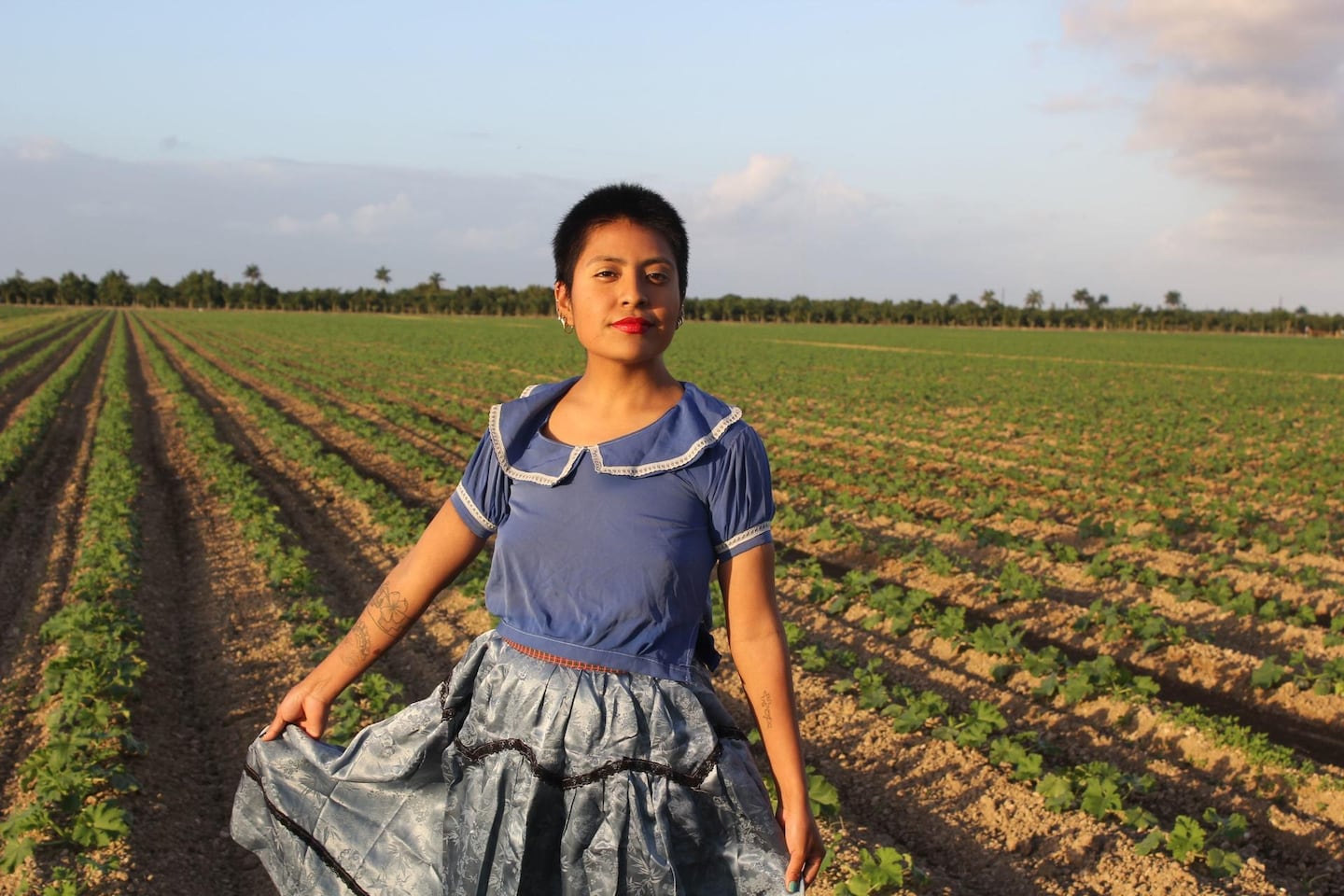Between 2017 and 2021, I worked with Santiago on the campaign to allow all immigrants — documented and otherwise — to apply for a driver’s license in Massachusetts. Santiago was known for being one of the warmest people in the campaign, constantly translating and helping to link campaign activists with members of the undocumented community.
Her presence is electric. In rallies and marches for the driver’s license campaign, she was always at the front, often dancing, singing, and leading chants. Despite being just over 5 feet tall, she is a highly visible immigrant activist with DACA, having organized countless rallies, given public talks, and led community organizing trainings, beginning with her work in the Dream Movement as a high schooler.
Now, on the eve of the 13th anniversary of DACA, her case is much bigger than the incarceration of a single person; according to US Citizenship and Immigration Services, there are more than 4,800 DACA recipients in Massachusetts whose legal status could also be at risk if courts allow Santiago to be deported.
Santiago is originally from a Zapotec indigenous community in Oaxaca, Mexico. She arrived in the United States when she was 8. Her parents were farm workers in southern Florida, part of the indispensable immigrant labor force that sustains the American food system. From a young age, she joined them in the fields, picking fruit after school and developing the fierce work ethic she has today.
I met her in 2016 when she moved to Massachusetts to join Movimiento Cosecha, an immigrant rights organization. She was only 17, but had a wisdom and clarity of purpose beyond her years. She worked hard on an important issue for immigrants that was seemingly banal for many: the ability to apply for a driver’s license.
At the time, immigrants just trying to drive to work or take their kids to the doctor were detained for driving without a driver’s license. While the logistics of safety were the primary goal of the legislation, which passed in 2023, Santiago believed it was also about dignity for immigrants. In other words, the thousands of immigrant Massachusetts residents who pay taxes and work some of the most essential jobs in the state, such as farm labor, line cooks in restaurants, and construction, deserve the dignity of having a license and not be criminalized simply for the act of driving.
Her detention is no accident. The targeting of a prominent activist with permanent legal status is part of a pattern that began with the unlawful detention of legal residents on student visas, such as Mahmoud Khalil and Rümeysa Öztürk.
Santiago is maintaining her spirits, despite reporting to friends that the water in the facility has a stench so disgusting that many women cannot stomach more than the bare necessity to live. She has not been offered legal counsel and there is no timeline for her release.
It’s easy to feel powerless in the face of the deportation and detention machine that appears to chug along, indifferent to legal precedent or public outcry. In another moment in my life, I would have been tempted to read the awful news, feel overwhelmed, and turn away. But having spent years in the presence of Santiago, I have been indelibly changed. She taught me that when you have power and protection, it is your duty to use that to fight for the most vulnerable, not simply protect yourself. She showed me that there is joy and freedom in facing fear head-on. If the Trump administration is counting on us to stay silent, count me out.
